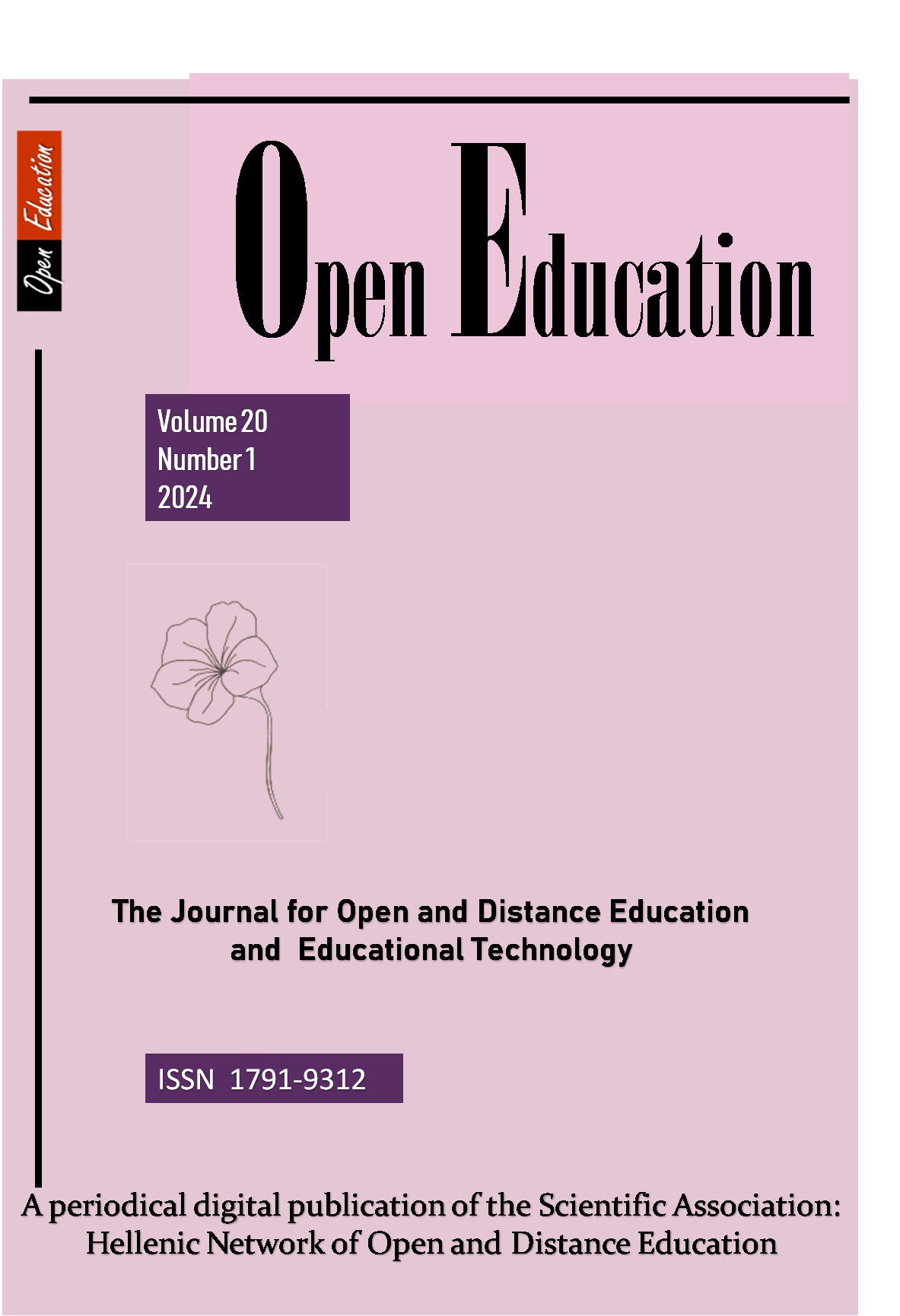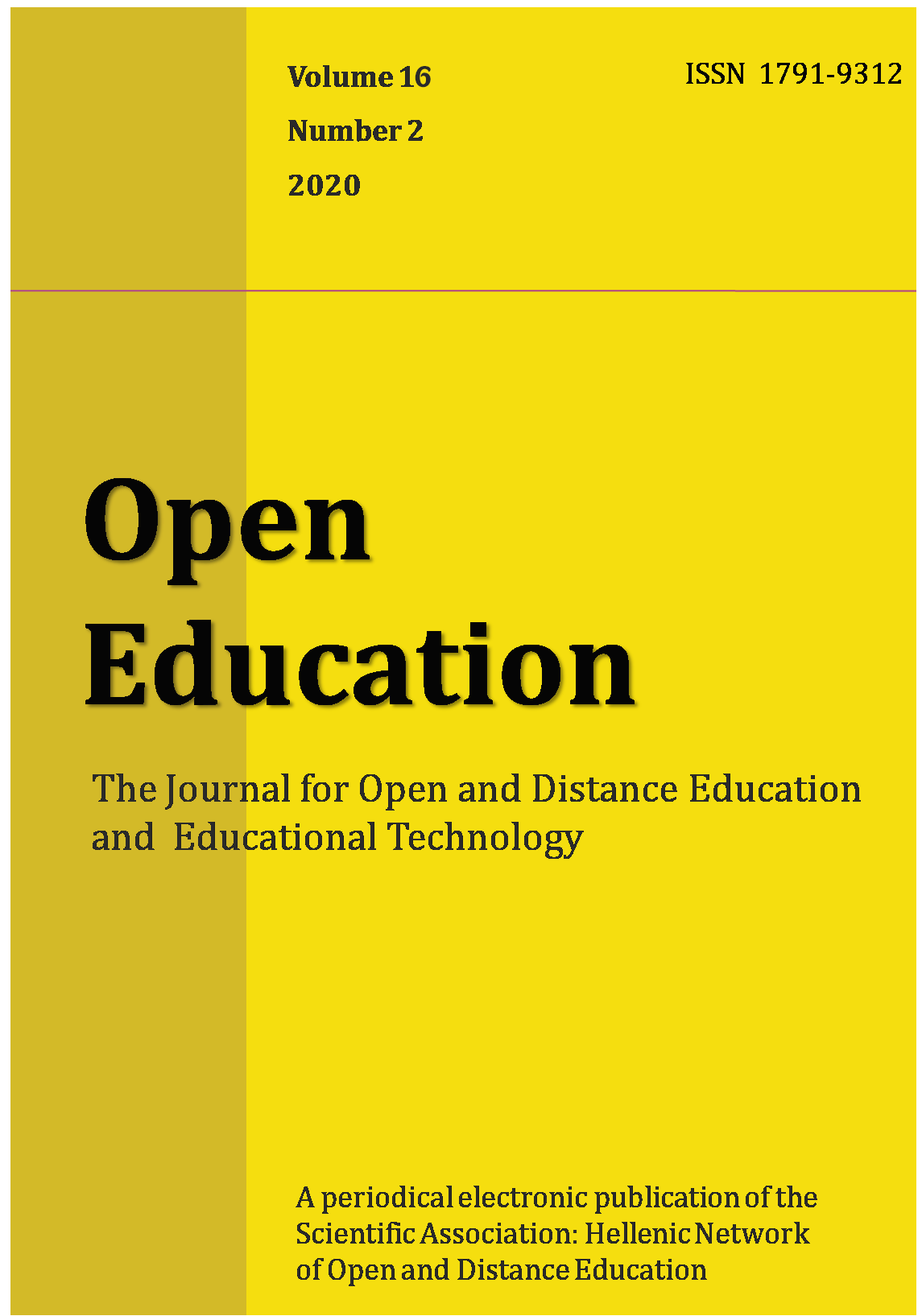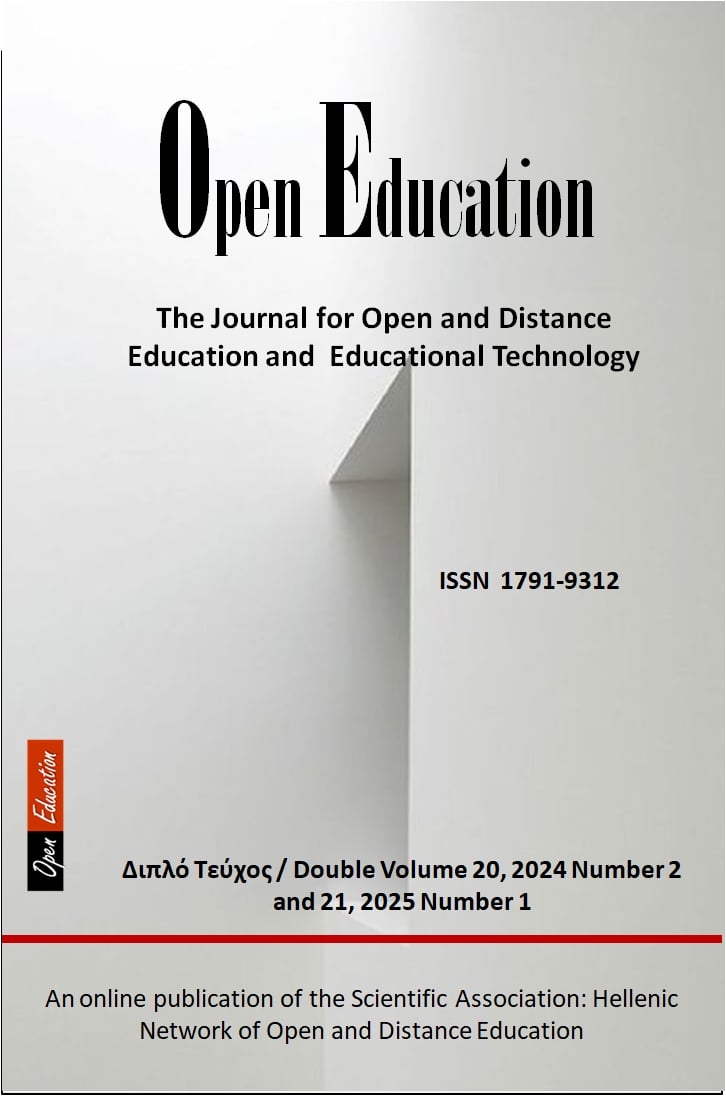Beyond the Shadows: Strategic Divergence and Unchartered Waters for Universities
Περίληψη
Institutions will not only look different 2050 – they must be different in design, mission, foci and culture. Differentiation will be a competitive advantage. Institutions need faster decision making processes that engage all stakeholder groups and reflect sound judgment. Leadership, agility, and adaptation are the key attributes for institutions to respond to any emerging changes in market conditions, crises, and society in the future. This is a proactive repositioning rather than the naïve mindset of striving for reactive rhetoric of future proofing. Institutions must stay connected with their local markets, constituencies and take responsibility for helping all of these be successful and embrace both excellence and access as part of scaling new strategic opportunities such as Massive Digital Hybrid Learning (MDHL). Universities will need to realign their geopolitical roles in society, preserve and advocate for democracy, human rights, freedom, justice, and ethical and moral uses of digital techologies, particularly social media. A.I. represents an augmentation of human intelligence and creativity not a replacement for human beings. We end where we should always begin in education and that is with optimism and hope. Hope is a belief in the possible and the possibilities for universities in the future are unlimited if we work together collectively to improve the human condition, open the educational doors of access to everyone, and embrace the democratic ideals of human rights, equality and justice and serve as a voice for freedom and peace.
Λεπτομέρειες άρθρου
- Πώς να δημιουργήσετε Αναφορές
-
- Ενότητα
- Άρθρα

Αυτή η εργασία είναι αδειοδοτημένη υπό το CC Αναφορά Δημιουργού – Μη Εμπορική Χρήση – Παρόμοια Διανομή 4.0.
Οι συγγραφείς των άρθρων που δημοσιεύονται στο περιοδικό διατηρούν τα δικαιώματα πνευματικής ιδιοκτησίας επί των άρθρων τους, δίνοντας στο περιοδικό το δικαίωμα της πρώτης δημοσίευσης. Άρθρα που δημοσιεύονται στο περιοδικό διατίθενται με άδεια Creative Commons 4.0 και σύμφωνα με την άδεια μπορούν να χρησιμοποιούνται ελεύθερα, με αναφορά στο/στη συγγραφέα και στην πρώτη δημοσίευση για μη κερδοσκοπικούς σκοπούς και με δικαίωμα τροποποίησης μόνον με παρόμοια διανομή (αν αναμείξετε, τροποποιήσετε, ή δημιουργήσετε πάνω στο υλικό, πρέπει να διανείμετε τις δικές σας συνεισφορές υπό την ίδια άδεια όπως και το πρωτότυπο).




